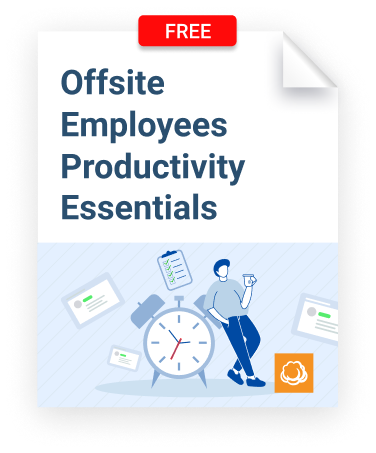What is the core of what makes a managed services provider (MSP) successful? Some might say the technology and services they offer, which is partially true. However, what truly sets one MSP apart from the next is its people, who bring the expertise and the customer service to make the business thrive.
However, as any good business owner might know, finding good talent is challenging. This is especially true in a world where demand for skilled IT professionals continues to rise as technology needs for businesses everywhere expand and there continues to be a growing IT talent shortage, with 11.3 million open IT positions estimated in January 2022 in the United States alone. The result? More than half of organizations like yours reported that a skills shortage held them back from achieving their full potential over the past five years, and 70 percent said they are still experiencing a skills shortage in tech.
There are two ways to fill this gap: hiring and retention. While hiring is somewhat self-explanatory, focusing on retention can go a long way toward helping you avoid any negative impacts from the looming global talent shortage. Retaining top talent has always been important, but in today's competitive landscape, it has become even more crucial.
First, as previously stated, there is an escalating competition for IT talent. Organizations across various industries are constantly seeking talented individuals to drive their digital transformation initiatives. This fierce competition means that MSPs must make a concerted effort to retain their skilled employees. Losing key talent can harm service delivery, customer satisfaction, and overall business growth..
Second, employee turnover is incredibly costly. The costs of recruiting, onboarding, and training new employees can be substantial. By one estimate, it can cost you 6 to 9 months of an employee’s salary on average to replace them in recruiting and training expenses — an estimate that may be even higher in an environment where good talent is hard to come by. By prioritizing employee retention, you can mitigate these costs.
Third, there can be a significant impact on customer relationships if an employee leaves (assuming they were competent and well liked). Skilled and experienced employees develop deep knowledge of their customers' businesses, enabling them to provide personalized and effective solutions. Moreover, employee turnover can disrupt this continuity, causing delays, inconsistencies, and a decline in service quality. When customers work with the same familiar faces over an extended period, trust is built, leading to enhanced customer loyalty and satisfaction.
Finally, even a single employee's departure can significantly impact your employee morale and engagement. When employees see their colleagues leaving, it can create a sense of instability and uncertainty. MSPs prioritizing employee retention will have a happier, more engaged workforce, resulting in higher productivity and better customer service.
You can do several things as an MSP business owner to help encourage employee retention. The first is to ensure that employees are paid competitive salary rates and are compensated fairly. Second, you should work to create an environment where employees feel fulfilled and have a view for career development. This can include offering training, new certifications, and promotion opportunities and building a positive atmosphere that recognizes your employees for their hard work.
The bottom line: In an increasingly competitive landscape, MSPs must recognize the importance of employee retention. In doing so, you can go a long way toward building a successful MSP business that will satisfy customers and grow for many years.






